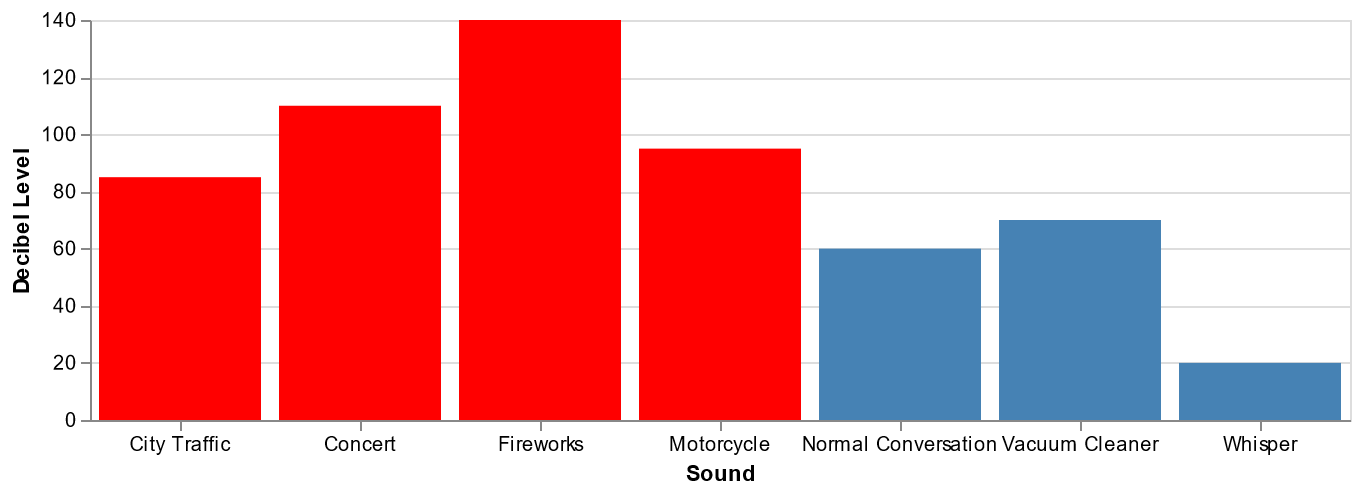Protecting Your Hearing: Tips for Noise Management
Introduction
Your hearing is precious, but all too often, we take it for granted. It's not until we experience problems with our hearing that we realize how integral it is to our quality of life. This article will help you understand the importance of hearing and provide practical tips for protecting it through effective noise management.
The Importance of Hearing
The Role of Hearing in Daily Life
From engaging in conversations to enjoying music or appreciating the sounds of nature, hearing plays a critical role in how we interact with the world around us. It not only facilitates communication but also keeps us safe by allowing us to perceive potential dangers in our environment.
Long-Term Effects of Noise-Induced Hearing Loss
Exposure to high noise levels can lead to noise-induced hearing loss (NIHL), a condition that can be temporary or permanent. NIHL can reduce your ability to understand speech, affect your social interactions, and significantly impact your overall quality of life.
Understanding Noise Levels
The decibel levels of common sounds
Everyday Noise Levels and Their Impacts
Noise is an unavoidable part of our daily life. However, prolonged exposure to sounds above 85 decibels (dB)—equivalent to the noise level of heavy city traffic—can damage our hearing over time.
Occupational Noise and Its Risks
Workplaces such as construction sites or factories often expose workers to noise levels well above the safe threshold. Without proper protection, these occupational noises can result in significant hearing loss.
Chart showing how prolonged exposure to noise levels of 85 dB and 100 dB can lead to hearing loss over a period of 30 years
Protecting Your Hearing: Effective Noise Management Strategies
Hearing protection
Using Ear Protection
Earplugs
One of the simplest ways to protect your hearing is by using earplugs. These small devices can significantly reduce the volume of loud sounds and prevent them from damaging your inner ear.
Earmuffs
Earmuffs provide another layer of protection, especially in extremely loud environments. They not only block noise but also provide comfort during long periods of use.
Noise Control at the Source
Controlling noise at its source is a proactive approach to noise management. This may include reducing the volume of audio devices, maintaining machinery to limit noise output, or choosing quieter appliances for your home.
Regular Hearing Check-ups
Regular hearing check-ups are vital for early detection and treatment of potential hearing issues. These check-ups can help identify changes in hearing that may not be immediately noticeable.
The Role of Technology in Noise Management
Noise-Canceling Headphones
Technology offers innovative solutions to noise management. Noise-canceling headphones, for instance, can significantly reduce ambient noise, allowing you to listen to audio at lower volumes.
Smartphone Apps for Noise Management
Numerous smartphone apps can help manage noise. These apps can measure noise levels in your environment and alert you when they exceed safe limits.
Conclusion
Preserving your hearing is not just about reacting to hearing loss—it's about proactive noise management. Understanding the noise levels around you and adopting strategies to limit your exposure will help protect your hearing. Remember, your hearing is invaluable; it deserves to be protected.
FAQs
1. What is noise-induced hearing loss? Noise-induced hearing loss is a condition that results from exposure to loud noises over a prolonged period or sudden, extremely loud noises.
2. How can I protect my hearing in noisy environments? You can protect your hearing by using ear protection such as earplugs or earmuffs, controlling noise at the source, and having regular hearing check-ups.
3. What are noise-canceling headphones? Noise-canceling headphones are devices that reduce unwanted ambient sounds by using active noise control.
4. Are there any apps for noise management? Yes, several smartphone apps can measure noise levels in your environment and alert you when they exceed safe limits.
5. How often should I have a hearing check-up? It's recommended to have a hearing check-up at least once a year. However, if you're frequently exposed to loud noises, more frequent check-ups may be advisable.




